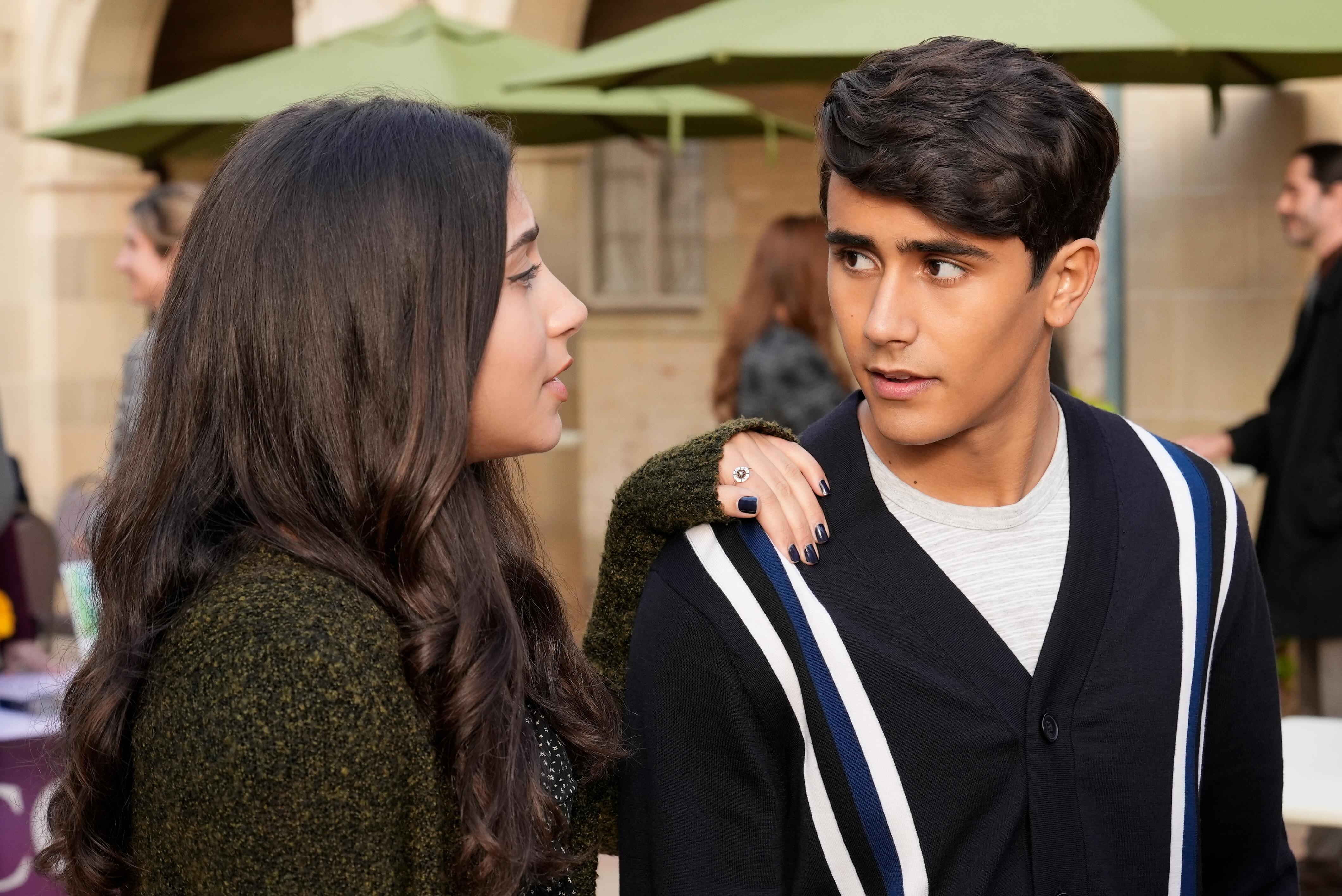Love, Victor's final season is treacly yet charming
The most engaging parts of the teen drama's last bow often have little to do with its bashful title character

When news broke that Love, Victor’s first season would not be debuting on Disney+ (it would go exclusively to Hulu), much was made of the way the Mouse House was playing into dangerous rhetoric that equated all things LGBTQ+ with “mature content” not suited for family friendly fare. When we all got to watch those first 10 episodes, the move felt particularly tone deaf. Here was, after all, as chaste and sweet and tender a coming-out-story-slash-gay-romantic-tale as you could find. The show, like the movie it had been vaguely spun off from (Love, Simon), seemed especially designed to speak to those kids and those families who could use an inoffensive story like Victor’s in their life. As a template. As a role model. As an inspiration.
This remains true in the show’s third and final season. Which is why it’s been equally thrilling to see Love, Victor move beyond a series-long “very special episode” (though there still is that vibe here) and grapple with thornier and more mature themes (STI scares! Casual sex! Party drugs!) with the same care we’ve come to expect from this GLAAD Media Award-nominated show.
And true to form, at the heart of the series (for better and for worse) is lovestruck Victor (Michael Cimino). In the season two finale, we’d seen him pull a rom-com move and show up at a boy’s door unannounced after seemingly botching both his relationship with Benji (George Sear) and his budding friendship with Rahim (Anthony Keyvan). Giving us flashbacks to old school WB teen drama cliffhangers, the season-three premiere opens with Victor beaming at the camera (“it’s always been you,” which gives the episode its title). I won’t spoil who he chose, but it’s clear the writers wanted to throw several wrenches into what would otherwise be a drama-free relationship. What it ends up doing is pushing Victor to reassess what and who he wants, which is a particularly healthy thing for a newly out gay teen to ponder—and act on. And indeed, it leads to some of the show’s most interesting twists on this most adorable of high school boys who somehow still has no trouble landing hot boy after hot boy.
But no matter how you feel about Victor’s choice and the consequences it wreaks on his love life, it’s become increasingly obvious that the most engaging parts of Love, Victor have often very little to do with its bashful title character, who, in the final episode, drives the show’s main themes home, reminding his fellow students that to be “brave means you aren’t afraid of being scared.” Oh, and that romance remains king when trying to articulate one’s own sexuality (a by-product, no doubt, of stitching coming out tales with romantic stories).
 Keep scrolling for more great stories.
Keep scrolling for more great stories.
